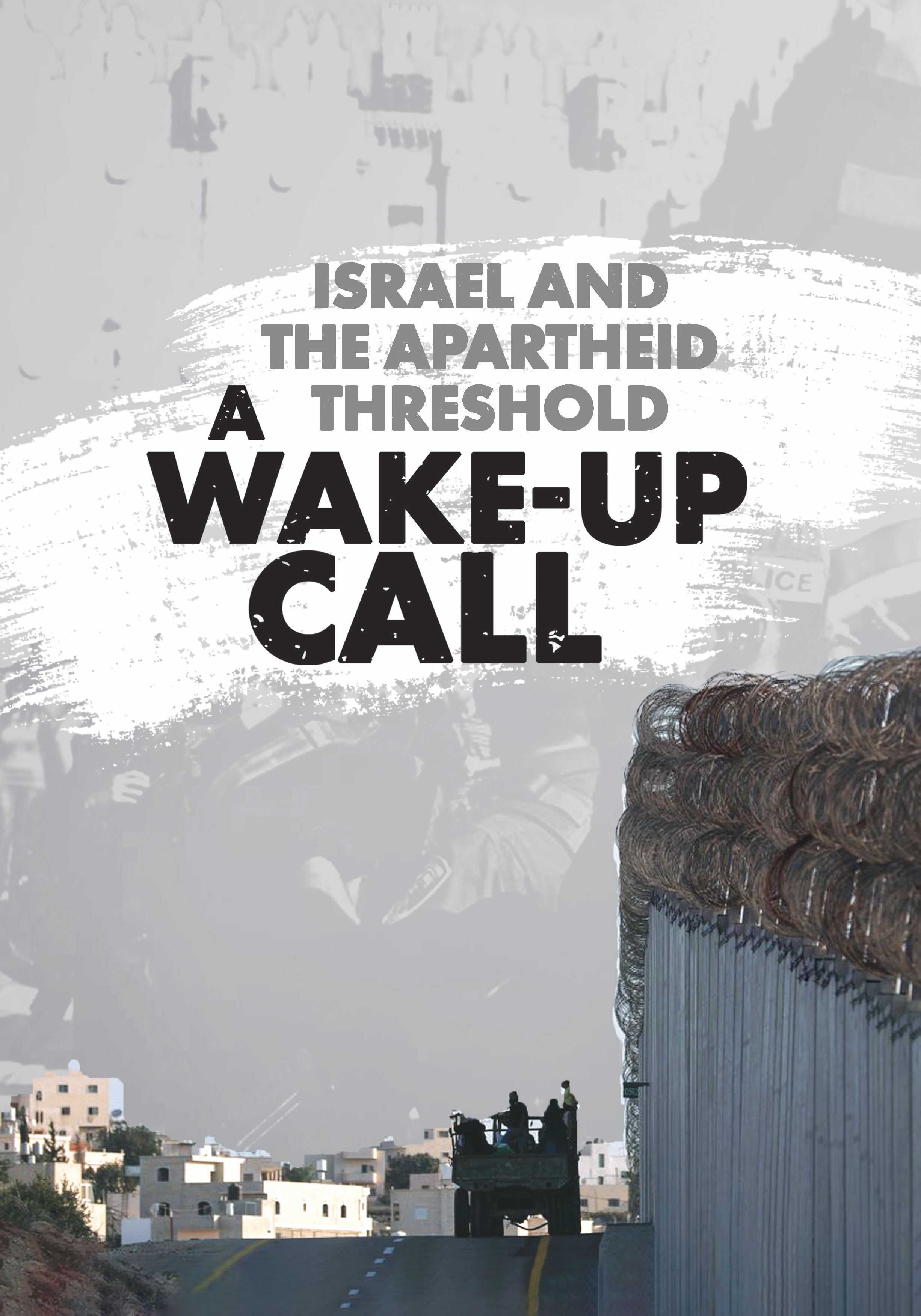These are difficult days, both with the war in Europe upsetting the whole international order and tense times in Israel-Palestine. There has been a rise in the number of Palestinians killed by the Israel Police and Border Police, some of them after they were wounded and lay on the ground. In most of the cases, the official Israeli announcement claimed that they were “neutralized” after stabbing attempts. Seven Palestinians were killed in February and 18 in March, including children, one of whom was only 14 years old, and two 80-year-old. On the Israeli side, 11 people were killed in late March in three armed attacks on civilian targets within one week — two of them by Palestinian Israelis associated with the Islamic State (ISIS) and one by a Palestinian from Ya’bad in the Jenin district — and three more civilians were killed 10 days later on Dizengoff Street in the heart of Tel Aviv.
The situation in East Jerusalem is already very volatile because of the sensitive Ramadan period which coincides with the Jewish Passover holiday and the call by fanatic religious and ultra-nationalistic Jews to enter al-Aqsa Mosque/Temple Mount and practice religious ceremonies there. Although the Israeli Government has demanded that the Palestinian leadership act to calm the situation during the month of Ramadan, it is actually up to Israel to decide whether it will let the fanatics enter the holy mosque or not. Compounding the tension is an upsurge of violence by Jewish settlers against Palestinians and their property in the Occupied Palestinian Territories (OPT).
Given this very complex situation, especially with the recent internal political developments in Israel threatening the continuity of its fragile coalition government, the general feeling among Palestinians is that they are being pushed to the sidelines and that their leadership is incapable of fulfilling its responsibilities at this very crucial moment of the conflict. Therefore, in this escalating heated climate, we at the Palestine-Israel Journal decided to promote hope and restore confidence in a possible political solution to the conflict by devoting this issue to exploring future scenarios and peace possibilities.
The recent Amnesty International report labeling the situation in both the OPT and Israel proper as apartheid, which came on the heels of similar reports by B’tselem and Human Rights Watch, influenced our decision about the theme of this issue. The topic was approached in our Editorial Board meeting and generated such debate that the discussion continued in email exchanges among the board members following the meeting. Many of the articles in this issue deal with the Amnesty Report and the impact of the use of the apartheid term on the efforts and the possibilities of resolving the conflict based on ending the occupation and implementing the two-state solution.
This issue also deals with the so-called “economic peace / shrinking the conflict” policy encouraged by the Biden administration, which is adopted by the Israeli Government as a means to maintain the occupation and avoid dealing with and resolving the core issues of the Israeli-Palestinian conflict. In addition, there are articles and documents that address various options as to how we can and should proceed toward the future.
The region recently witnessed the groundbreaking Negev Summit held at Sde Boker, at which the foreign ministers of the United States, Israel, Egypt, the United Arab Emirates, and Morocco met with the primary aim of building an alliance against Iran and coordinate their positions regarding the war in Ukraine and the expected world crisis of gas and oil. While the summit was hailed as a great success, attention to the need to resolve the conflict by ending the occupation and establishing a Palestinian state was glaringly absent, despite pro forma statements about the need for Israeli-Palestinian peace and a two-state solution by U.S. Secretary of State Blinken and Egyptian Foreign Minister Shoukry.
Neglecting the Palestinian rights to freedom and statehood by ending the occupation and enabling the Palestinians to practice their right of self-determination, impedes the aim of achieving regional stability and security. Words are not enough. Action must be taken to end the occupation and resolve the conflict based upon a viable and dignified two-state solution. We believe that elements of the way the West has mobilized to confront the Russian invasion of Ukraine can serve as guidelines for international mobilization to help end the Israeli-Palestinian conflict.
With Ramadan, Passover, and Easter coinciding this year, we consider this an auspicious time to contemplate, plan, and take steps to resolve the conflict before the latest round of violence, with its heavy toll of casualties on both sides, spirals out of control.

